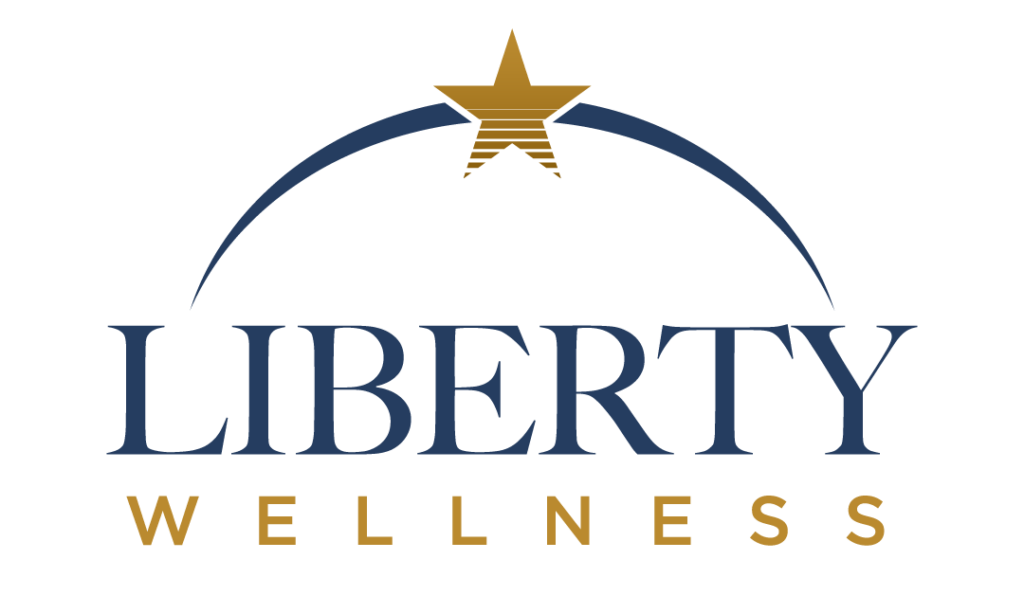Addiction is a complex and often misunderstood condition that affects millions of individuals worldwide. While its roots may lie in various factors such as genetic predisposition, environmental influences, or psychological triggers, addiction manifests prominently through behavioral patterns. Understanding these behavioral signs is crucial for early detection and intervention, offering a lifeline to those struggling silently with addiction. In this article, we delve into the intricate web of behavioral signs that often accompany addiction, shedding light on the unseen struggles faced by individuals battling this formidable foe.
1) Isolation and Secrecy: One of the hallmark behavioral signs of addiction is isolation and secrecy. Individuals grappling with addiction often withdraw from social interactions and prefer solitude to conceal their substance abuse or compulsive behaviors. They may become increasingly secretive about their activities, lying about their whereabouts or making excuses to avoid scrutiny. This withdrawal from social circles can lead to strained relationships and further exacerbate feelings of loneliness and alienation.Impaired Control: Another telltale sign of addiction is impaired control over one’s behavior. Individuals may find themselves unable to resist the urge to engage in substance use or compulsive behaviors, even when fully aware of the negative consequences. This loss of control can manifest in various ways, such as unsuccessful attempts to cut down or quit, continued use despite worsening physical or mental health, or neglecting responsibilities in favor of satisfying cravings.
2) Compulsive Behavior: Addiction often drives individuals towards compulsive behaviors, where the pursuit of the addictive substance or activity takes precedence over all else. This may involve spending excessive amounts of time and money acquiring the substance, engaging in risky behaviors to obtain it, or neglecting essential tasks and obligations to indulge in the addictive behavior. Compulsive behavior can spiral out of control rapidly, leading to severe consequences in various areas of life.
3) Changes in Mood and Personality: Substance abuse and addiction can profoundly impact an individual’s mood and personality, leading to noticeable changes in behavior and demeanor. Mood swings, irritability, agitation, and defensiveness are common signs observed in individuals struggling with addiction. Moreover, prolonged substance abuse can alter brain chemistry, exacerbating symptoms of anxiety, depression, or other mental health disorders.
4) Financial Strain: Addiction often comes with a hefty financial burden as individuals prioritize obtaining the addictive substance or engaging in compulsive behaviors over financial stability. This can lead to mounting debt, unpaid bills, borrowing money from friends or family, or resorting to illegal activities to fund their addiction. Financial strain further perpetuates the cycle of addiction, trapping individuals in a relentless pursuit of temporary relief from their troubles.
Recognizing the behavioral signs of addiction is crucial for early intervention and support. By understanding these indicators, we can extend empathy and assistance to those grappling with addiction, guiding them towards the path of recovery and healing. It’s essential to approach addiction with compassion, destigmatizing the condition and offering a supportive environment conducive to recovery. Together, we can break the chains of addiction and empower individuals to reclaim control over their lives, one step at a time.




